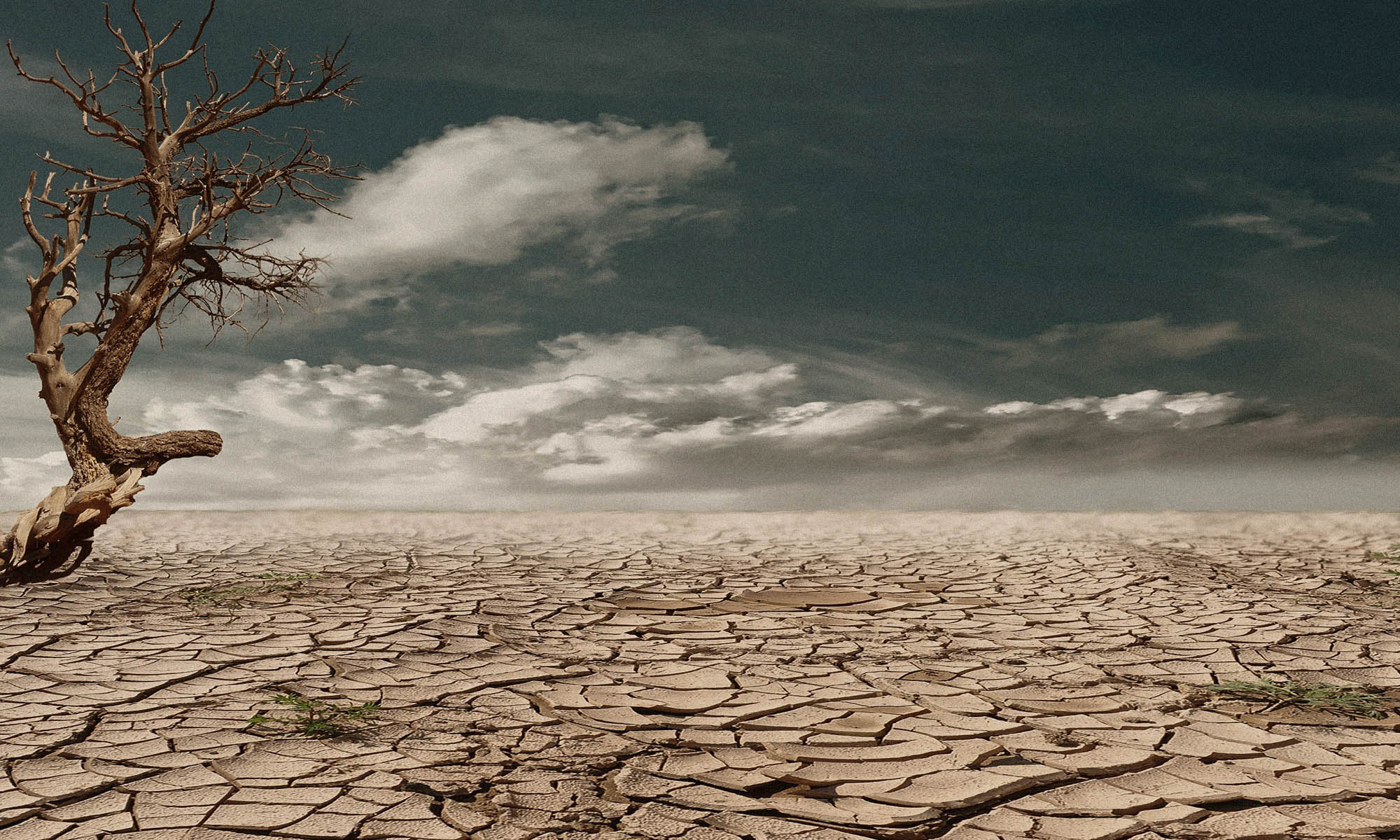
Mzuri Green Tags are an innovative and eco-friendly alternative to conventional plastic conference tags. Made from sustainable sugarcane bagasse paper, each tag is impregnated with BSF frass fertilizer and contains a pre-treated seed from an indigenous tree.
After an event, attendees can plant their tags by following simple care instructions accessed using the scan code on the back side to grow their tree. This unique product reduces plastic waste and contributes to reforestation efforts and environmental restoration. BSF frass fertilizer enhances seed germination and provides essential nutrients for growth.
By replacing single-use plastics and promoting tree planting, Green Tags allow us to actively reduce our carbon footprint and support the global fight against climate change. This initiative symbolizes our commitment to sustainability, offering a tangible way for individuals to make a lasting positive impact on the environment.
Instructions for Planting Your Green Tag:
- Tear the Tag
Gently tear your Green Tag into small pieces. Ensure the pieces are not too large, as this helps with even distribution and water absorption.
- Mix with Soil
Place the torn pieces into a small container with a handful of nutrient-rich soil. Mix the paper pieces well with the soil to ensure even distribution.
- Moisten the Substrate
Add a small amount of water to the container, enough to make the soil and paper mixture damp but not soggy. Avoid overwatering.
- Place in a Dark Spot
Once the mixture is ready, place the container in a cool, dark spot for 3 to 4 weeks. This dark environment helps with germination.
- Check for Germination
After 3 to 4 weeks, check if the seed has sprouted. Once the seedling emerges, move the container to a well-lit area, such as near a window or outside in indirect sunlight.
- Water Regularly
Continue watering lightly every few days, keeping the soil moist but not overly wet, for another 6 weeks.
- Transplant Outdoors
After 6 weeks of growth, your seedling will be strong enough for transplanting. Choose a spot outdoors with sufficient sunlight, dig a small hole, and transfer the seedling carefully. Cover the roots with soil, water the plant, and watch it grow into a beautiful tree!
Alternatively, the tag can be planted outdoors by simply:
- Loosening soil in the selected location, removing weeds/crop cover
- Tearing the tag into small pieces
- Mixing the torn pieces with the soil
- Watering the soil lightly
- covering the spot with dry mulch
- Watering regularly, say every three days until the seed germinates (in about 2 to 3 weeks)
- Caring for your tree by watering heavily twice a week until it is four months old.
How to place an order:
Call or WhatsApp Africa-Environment; +254 701 934918



You must be logged in to post a comment.